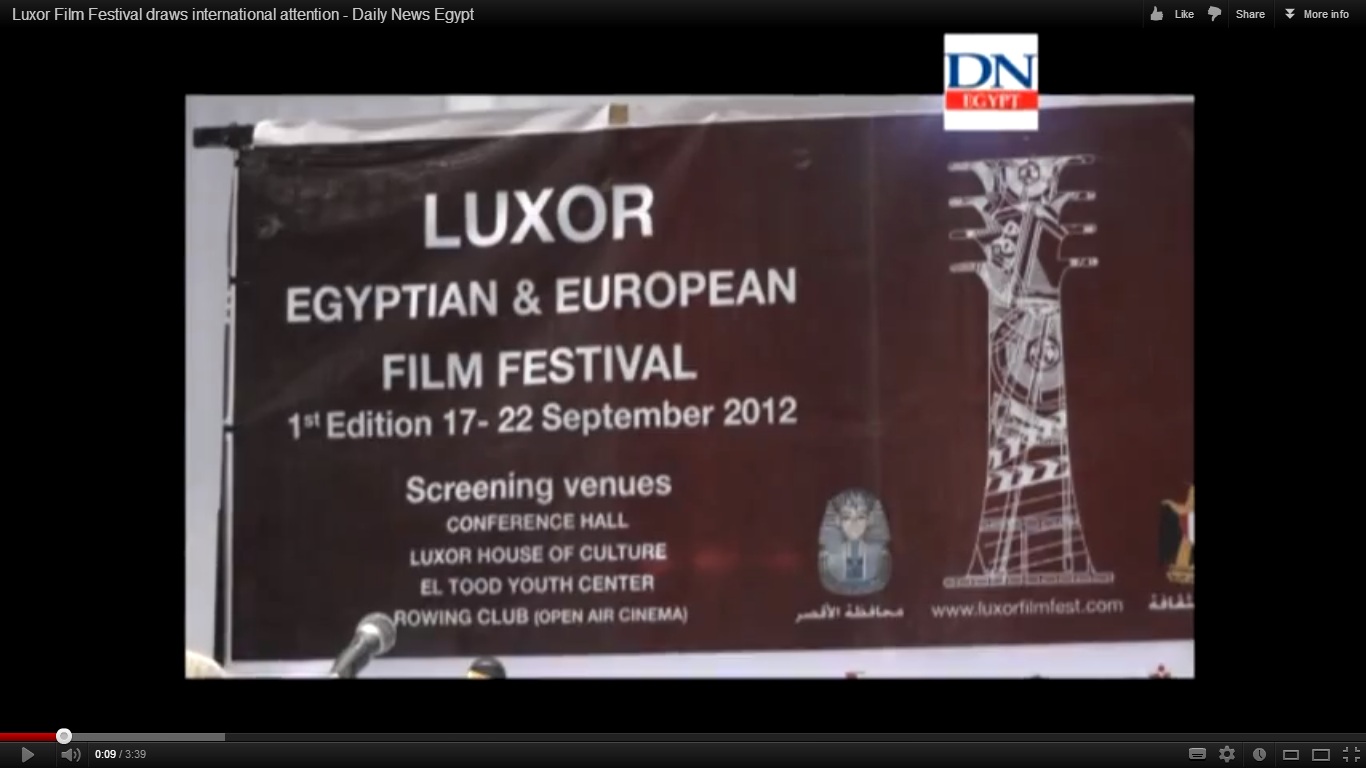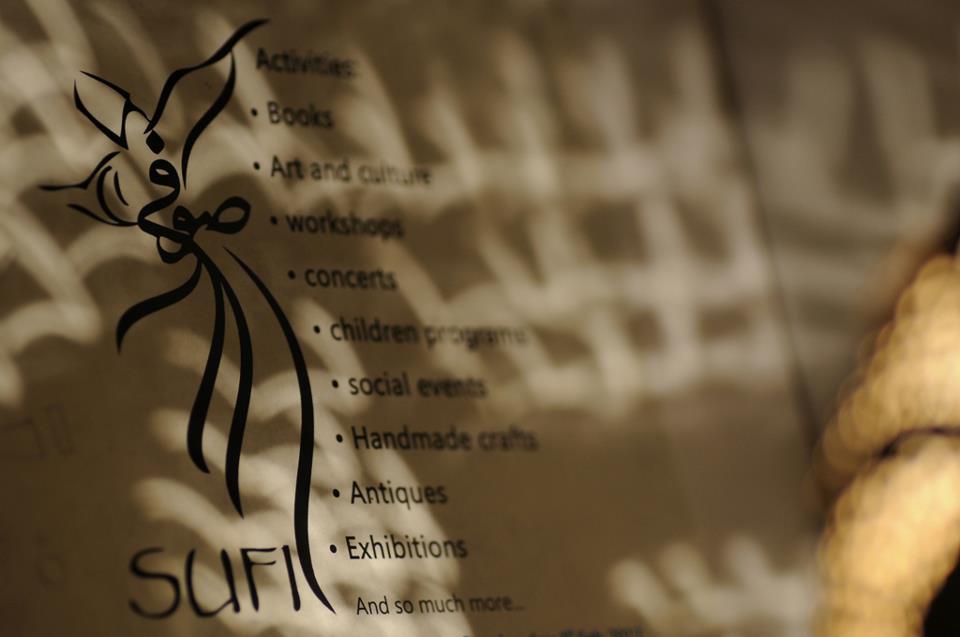LONDON: British Muslims are hungry for the opportunity to write and to be published.
But do Muslims need nurturing to do so? Is there anything stopping Muslim writers from voicing their opinions and sharing their experiences? According to James Caan, a serial entrepreneur famed for his appearances on the UK television show “Dragon’s Den”, Muslims need to be heard “for the right reasons.” With most media coverage about Britain’s Muslims centered on terrorism-related stories, it can be hard for talent to fight its way through the challenges that face any writer in getting spotted, and in particular to change prevailing public narratives.
“It’s a challenge that ethnic minority writers have faced historically and which is being eroded. We want to do the same for Muslim writers,” says Irfan Akram, director of The Muslim Writers Awards. “Muslims want to express themselves and their creativity. And they have the raw talent to do so.”
So the Muslim Writers Awards are trying to help — by cutting through the noise and discovering true raw talent. Now in its fifth year, the Muslim Writers Awards are widely acknowledged by writers and professions from the publishing world as the most recognized, exciting and credible platform for Muslim writers of all ages. Akram claims that it was important to ensure that Muslims were able to find avenues to express themselves on their own terms and feel part of the public space.
According to Akram, the goal of the Muslim Writers Awards “is to nurture that talent, bring it to the attention of the wider world and then celebrate it. We want to give Muslim writers confidence in their abilities and offer a platform to communicate their experiences and creativity through the power of the pen.” Indeed, that vision is encapsulated in their pithy motto: “Share stories, come together. It’s time, Write Now!”
Each year the Awards program evolves, and this year entries — due July 31 — are submitted for eight categories: novels, short stories, poetry, children’s stories, screenplays, blogging and journalism. The winner of the awards will have their work included in an anthology and excerpts from the winning entry will be featured on the Muslim Writers Awards website. The winners will also be placed in writing programs and partnered with editors and more established writers who will provide them with mentoring over the year.
Last year a new ceremony was introduced: the Young Muslim Writers Awards. The aim was to specifically highlight writers under the age of 16. It’s clearly working: last year’s winner of the 14 to 16 group, Mina Bint Muhammad, has just published her first novel, See Red, (Urbantopia Books, 2011) about a Muslim girl who was kicked out of her Islamic boarding school and struggles to fit in with the girls in her new school in Newham.
The Awards partner with Penguin, one of the world’s most beloved publishing houses, and Puffin Books, which focuses on children’s publishing.
British Muslims have been nervous about the publishing world. Being an author is considered by society in general as a risky career. This, coupled with the challenges of living down the negative portrayal of Muslims in the media, and one immediately starts to see why they have been reluctant so far to promote their own works. The Awards break down those barriers and instead start to build bridges.
The Muslim Writers Awards also develops new writers through creative writing workshops, seminars and discussion forums attended by thousands of writers across the country every year. Venues for these types of trainings include the smallest of local schools and libraries, to the London Book Fair, a prominent feature in the global publishing calendar.
The Awards are already well-received. Gordon Brown, former Prime Minister of the UK, lauded the Awards for aiming to “increase the mutual understanding of the people of Britain” by encouraging British Muslim writing talent. BookTrust, a UK-wide charity dedicated to encouraging people of all ages and cultures to enjoy books, praised the Awards because they “portray a strong and positive picture of the Muslim community, promoting pride in Muslim literature and authors.”
Communication can truly begin when a community speaks for itself, and is proud of its own talent and expression within wider society.
Shelina Zahra Janmohamed is the author of Love in a Headscarf and writes a blog at www.spirit21.co.uk. For more information on the Muslim Writers Awards, please visit: muslimwritersawards.org.uk. This article was written for the Common Ground News Service (CGNews), www.commongroundnews.



